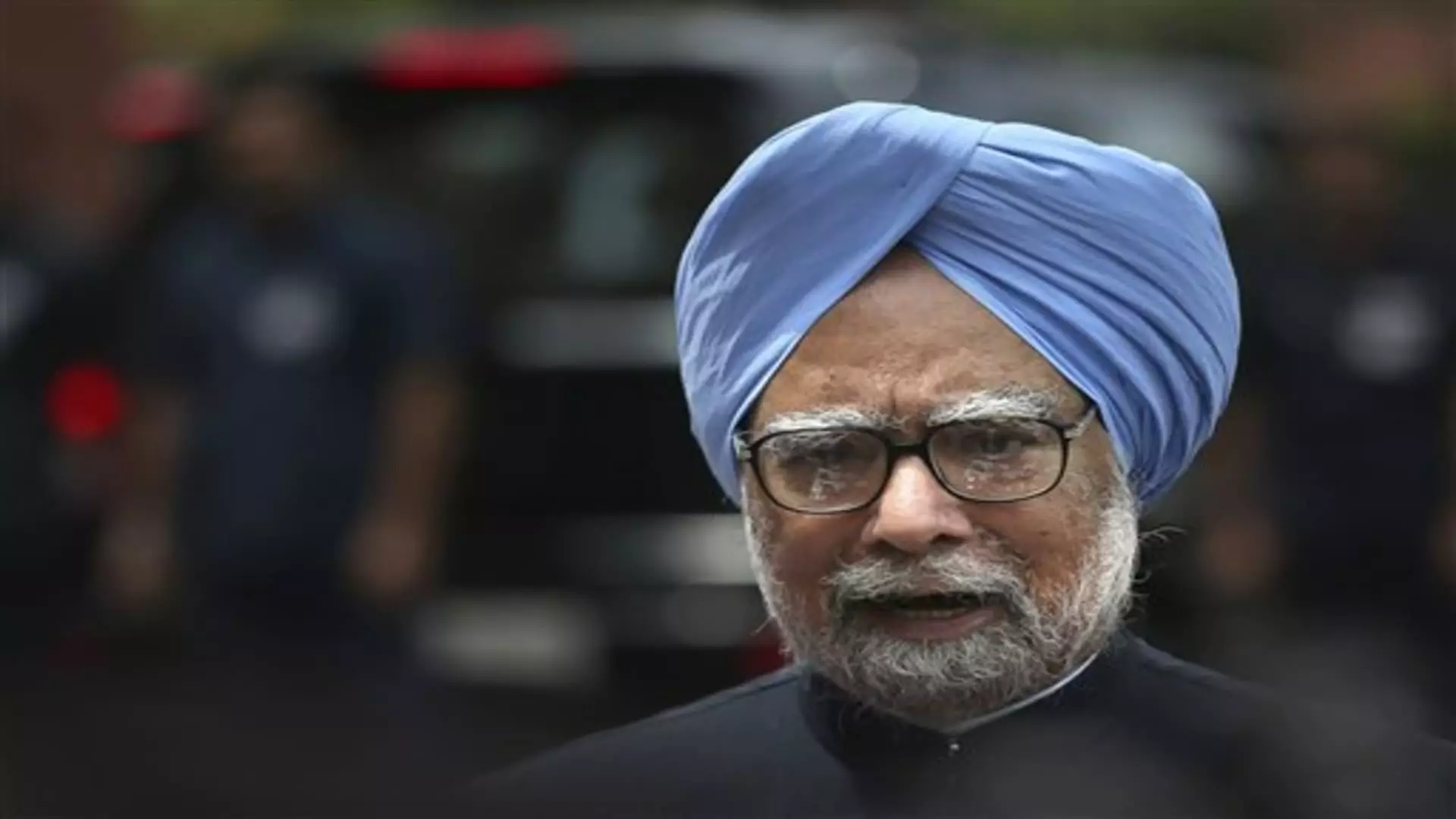Dr. Manmohan Singh, often referred to as India’s “reluctant king,” leaves behind a complex legacy marked by profound economic transformation and political challenges. His tenure, characterized by a significant unexpected ascent to power, reveals the intricate dynamics of governance in a nation emerging from the shadows of its colonial past. Singh’s recent passing at the age of 92 adds a somber note to a life defined by dedication to public service and unyielding integrity. As India mourns this distinguished leader, it is essential to reflect on his contributions and the circumstances that shaped his political journey.
Singh was born into a modest family in British-ruled India, a heritage that imbued him with a strong understanding of poverty and economic struggle. His early education, navigated under the dim light of candles, is emblematic of his determination to succeed against all odds. He honed his intellect at prestigious institutions, including the University of Cambridge and the University of Oxford, where he completed his doctorate in economics. Singh’s academic endeavors laid the groundwork for what would become a remarkable career as an economist, central bank governor, and accidental politician.
His political career began in earnest with his appointment as Finance Minister in 1991, a critical juncture for India, which faced severe economic turmoil. Singh spearheaded sweeping reforms that opened India’s economy to global markets, effectively rescuing it from a balance of payments crisis. Through deregulation and liberalization, he laid the foundation for what would become a period of unprecedented economic growth, lifting millions out of poverty. His infamous proclamation quoting Victor Hugo – “No power on earth can stop an idea whose time has come” – captured the essence of this transformative moment and underscored Singh’s far-reaching vision.
Singh’s elevation to Prime Minister in 2004 was marked by external political machinations, particularly the influence of Sonia Gandhi, leader of the Congress party. With reservations about her ethnicity as an Italian by birth, Gandhi chose Singh to prevent possible backlash from Hindu nationalists, hoping his esteemed reputation would stabilize her leadership. Singh’s government initially thrived during a time of economic prosperity, endorsing policies that distributed wealth through welfare programs aimed at the rural poor. However, his quest to further liberalize the economy was met with fierce resistance, unraveling the dreams of an economically empowered nation.
Despite international acclaim and respect, domestic politics often clouded Singh’s administration. He faced continuous criticism, particularly concerning his perceived subservience to Gandhi and the Congress party’s elite. This dynamic not only undermined his authority but also fostered skepticism regarding his autonomy in governance. His reputation for honesty and simplicity, while admirable, did little to insulate him from the pervasive corruption scandals that marred his second term, ultimately leading to mass protests.
As Singh’s tenure progressed, global economic fluctuations and sluggish political decision-making significantly dampened investor confidence in India. The Congress party’s failure to effectively respond to emerging challenges led to a gradual decline in Singh’s popularity. Following a crucial defeat in 2014, when the Bharatiya Janata Party (BJP) under Narendra Modi swept to power, it became clear that Singh’s era of reform and growth had concluded. Modi’s promise of revitalizing governance and facilitating inclusive growth sharply contrasted with Singh’s latter years, characterized by a stagnation in policies and public trust.
Despite the various trials and tribulations, Singh maintained a belief in his role during an economically tumultuous time. “I honestly believe that history will be kinder to me than the contemporary media or, for that matter, the opposition parties in parliament,” he stated just before leaving office, a testament to his faith in the long view of his contributions. As we reflect on the life of Dr. Manmohan Singh, it is clear that his legacy is one of resilience amid adversity. His journey from a humble beginning to the pinnacle of Indian politics serves as an enduring reminder of the transformative power of thoughtful leadership dedicated to fostering economic growth and social equity. India bids farewell to a leader whose impact continues to reverberate through the corridors of power and the daily lives of its citizens.

Leave a Reply